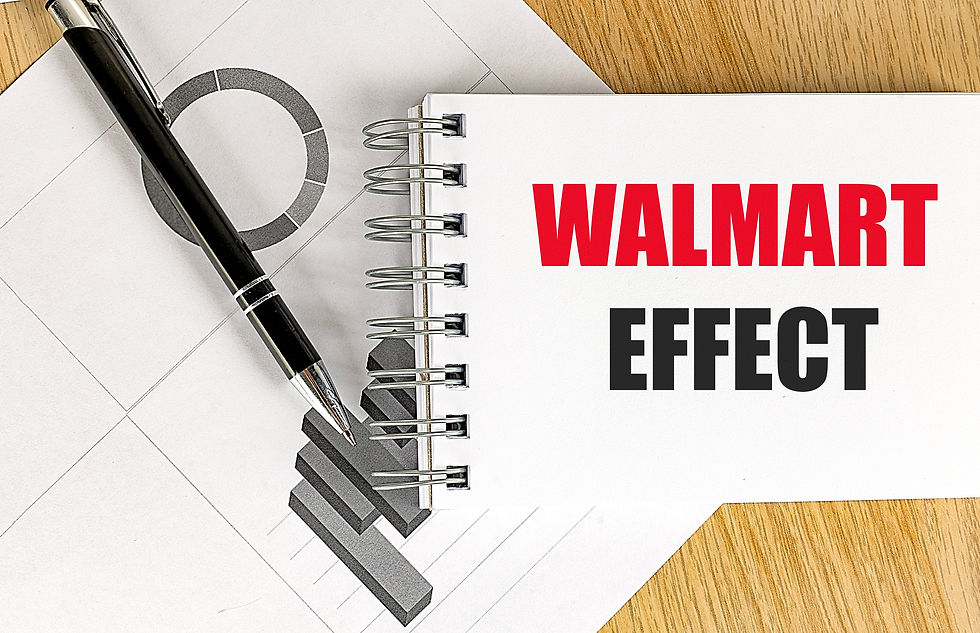What a Great Food Broker Really Does
- Jon Allen

- May 27, 2025
- 1 min read

Most retail brands know they need a food broker to grow, but few understand what a great one actually does.
It's not just about getting a buyer meeting. It's about showing up when the retailer pushes back. It's about advocating when a compliance fine is wrongly issued. It's about knowing what a buyer needs—before the buyer even asks for it.
Let’s take a fictional example. A fast-growing BBQ sauce brand—let’s call them Bold & Smoky—gets regional traction. Thanks to a solid pitch and compelling pricing, they win shelf space at a 500-store grocery chain. But three months in, velocity stalls. The retailer hints at pulling them in the next reset.
Enter their broker. Instead of waiting for the delist notice, the broker pulls POS data, builds a velocity dashboard, and uncovers planogram placement issues. The product isn’t eye-level—it’s buried. He works with the buyer, coordinates a mini endcap trial, and brings demo support. Sales lift 38% in two weeks.
Crisis averted.
This is what great brokers do. They:
Monitor your business like it's their own
Flag deduction errors and chase recovery
Coach you on buyer conversations
Know every player in the category reset
Translate retail buyer feedback into brand wins
The truth is, most suppliers underestimate the difference between having a broker and having a partner.
Woodridge knows the shelf isn’t won in the first pitch. It’s won in the quiet moments—between reviews, in the data trenches, in the follow-ups no one sees.


